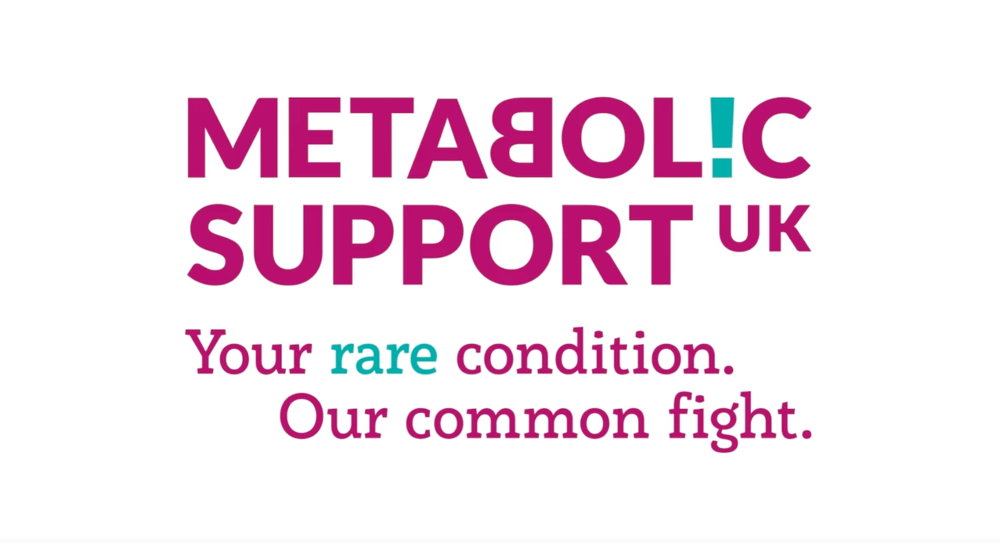#DareToThinkRare and Save Lives
Last week the mother of a child affected by a rare disease brought this article about Elliot to our attention. Elliot had a rare metabolic disorder known as Ornithine Transcarbamylase Deficiency (OTC). He died, earlier this year aged 14 years old, of complications of this disease. We hope his story will show that knowing about rare diseases can save lives in emergency situations.
Ornithine transcarbamylase deficiency is a urea cycle disorder. Remember the urea cycle? It’s a series of biochemical reactions that results in the conversion of toxic ammonia to urea which can be excreted. This complicated cycle is made up of five steps and genetic defects in the enzymes involved result in urea cycle disorders and the build up ammonia. OTC is the most common urea cycle disorder.
Spotting hyperammonaemia in neonates, infants and children can be life saving. They need urgent tertiary level care that focuses on reducing the toxic ammonia levels. The charity, Metabolic Support UK, are urging all emergency departments in the UK to be aware of urea cycle disorders and to think about measuring ammonia in appropriate patients. Here’s a reminder of how these conditions may present:
Neonates:
Poor feeding, lethargy, irritability, rapid breathing, vomiting, altered muscle tone, seizures and/or a temporary cessation in breathing.
Infants:
Failure to grow or gain weight, vomiting, intolerance of food containing protein, irritability, drowsiness and/or developmental delay.
Children:
Drowsiness, vomiting, lethargy, confusion, headache, unsteadiness, speech problems, behavioural problems, a fluctuating level of consciousness, stroke, seizures and if left untreated can progress to coma.
Elliot was 14 years old when he died earlier this year. He had presented with vomiting, ataxia and low GCS.
We hope that his story will stick in your mind. When faced with new onset neurological symptoms such as those above – think about hyperammonaemia and its possible causes.
#DareToThinkRare #MeasureAmmonia.
Find out more about OTC here
Find out more about Metabolic Support UK here





